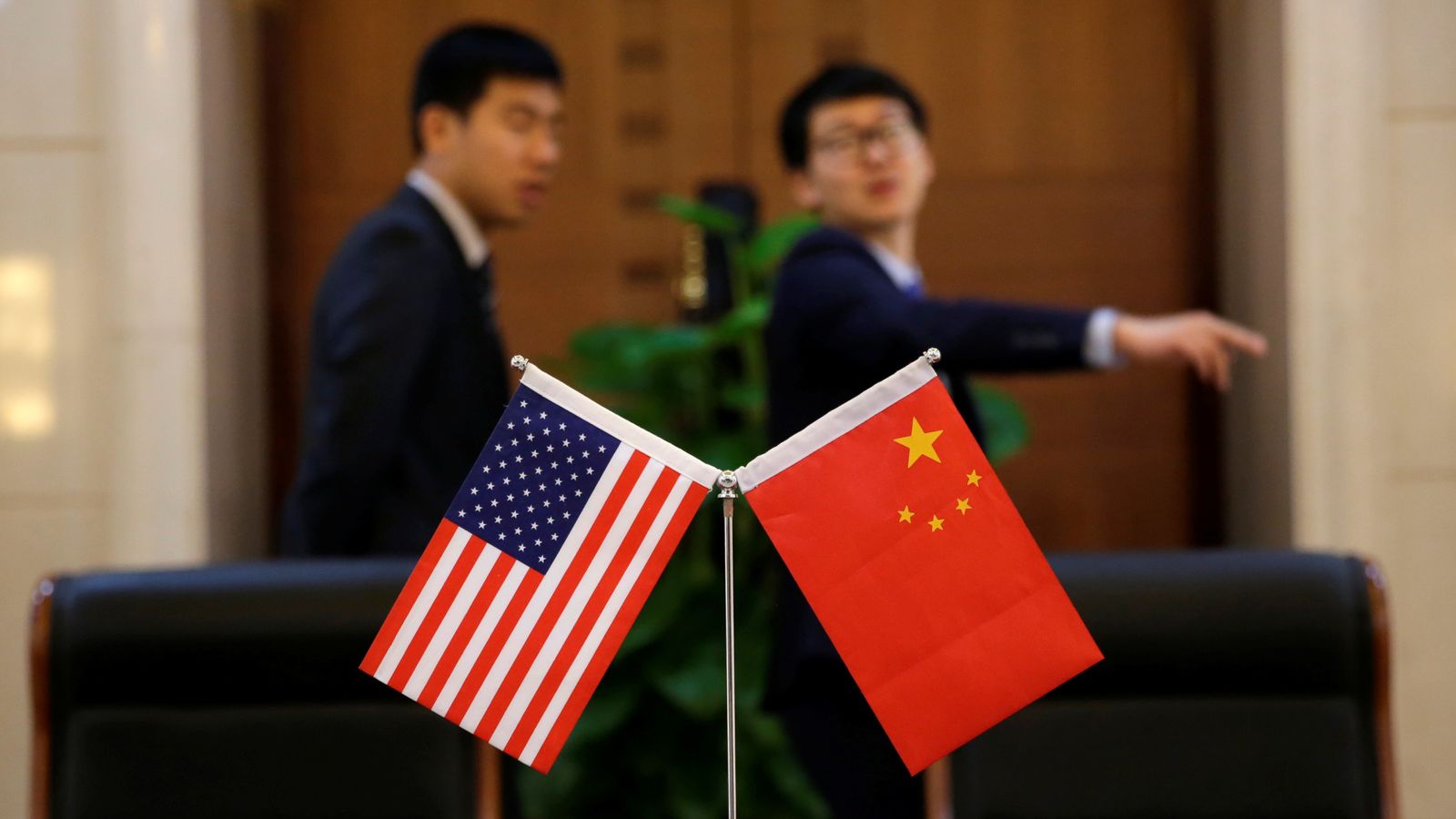Published: May 3, 2025 | By Global Affairs Desk
As tensions between Washington and Beijing show no signs of cooling, analysts believe that appointing mutually agreed special envoys may be the only viable path to resume dialogue and stabilize deteriorating trade ties between the world’s two largest economies.

While former US President Donald Trump prefers direct negotiations with Chinese President Xi Jinping—believing in his ability to strike deals personally—Beijing views this as risky and insists on structured diplomatic channels. Chinese officials have floated the idea of each side appointing special envoys to navigate trade, security, and geopolitical concerns, but Washington has yet to agree.
“The Chinese experts that have come through Washington DC continue to say that the best thing would be if Xi Jinping appoints a special envoy and the US appoints one too,” said Bonnie Glaser of the German Marshall Fund. “But the US side has no such mechanism right now besides Trump himself.”
Fentanyl and Tariffs: Entangled Issues
Fueling mistrust is the ongoing US accusation that China contributes to the opioid crisis by allowing the export of fentanyl precursors. This issue served as the initial justification for Trump’s 20% tariff on Chinese goods, which later ballooned to 145%. Beijing responded with a 125% tax on US imports, devastating trans-Pacific trade and investment flows.
Jeremy Chan of Eurasia Group, a former US official, noted that Chinese leaders are frustrated by the lack of a US counterpart who can discuss both fentanyl and trade together. “Trump linked these issues strategically, but there’s no clear negotiator on the US side except the President himself.”
Political Shuffle in Washington
Following a shake-up in Trump’s team, Secretary of State Marco Rubio now oversees national security and foreign affairs, replacing Mike Waltz. The US has offered a shortlist of acceptable Chinese interlocutors such as Cai Qi—Xi’s de facto chief of staff—but China has so far deferred to Foreign Minister Wang Yi, whom Washington considers less influential.
Glaser added, “The Chinese want to figure out how to get to Trump to convince him to name an envoy they can work with. But Washington insists on someone from Xi’s inner circle.”
Beijing Considers an Icebreaker
A Wall Street Journal report indicates that Beijing may be ready to re-engage, potentially sending Minister for Public Security Wang Xiaohong to the US as a goodwill gesture. Yet doubts remain about whether Trump’s administration is willing to treat fentanyl cooperation as part of a broader trade negotiation strategy.
“The US wants enforcement, not promises,” Glaser emphasized. “They’re tired of transactional diplomacy and want China to halt fentanyl exports to Mexico before any trade breakthroughs occur.”
Domestic Politics Add Pressure
Both Washington and Beijing remain wary of appearing weak to their domestic audiences. Trump, who often claims to have spoken with Xi—without offering evidence—has not confirmed recent dialogue. Chinese officials, meanwhile, deny that any such conversations have occurred.
Analysts suggest that unless a model similar to the Wang Yi–Jake Sullivan backchannel from the Biden era is reestablished, the impasse could persist. However, Trump’s team remains skeptical of continuing any diplomatic mechanisms established during Biden’s presidency.
Conclusion: For the US-China trade standoff to ease, both sides may need to compromise on who speaks for whom. With the fentanyl crisis intertwined with trade tariffs and a lack of trust defining the relationship, appointing trusted envoys could provide a much-needed opening for diplomacy in an increasingly tense trans-Pacific standoff.









